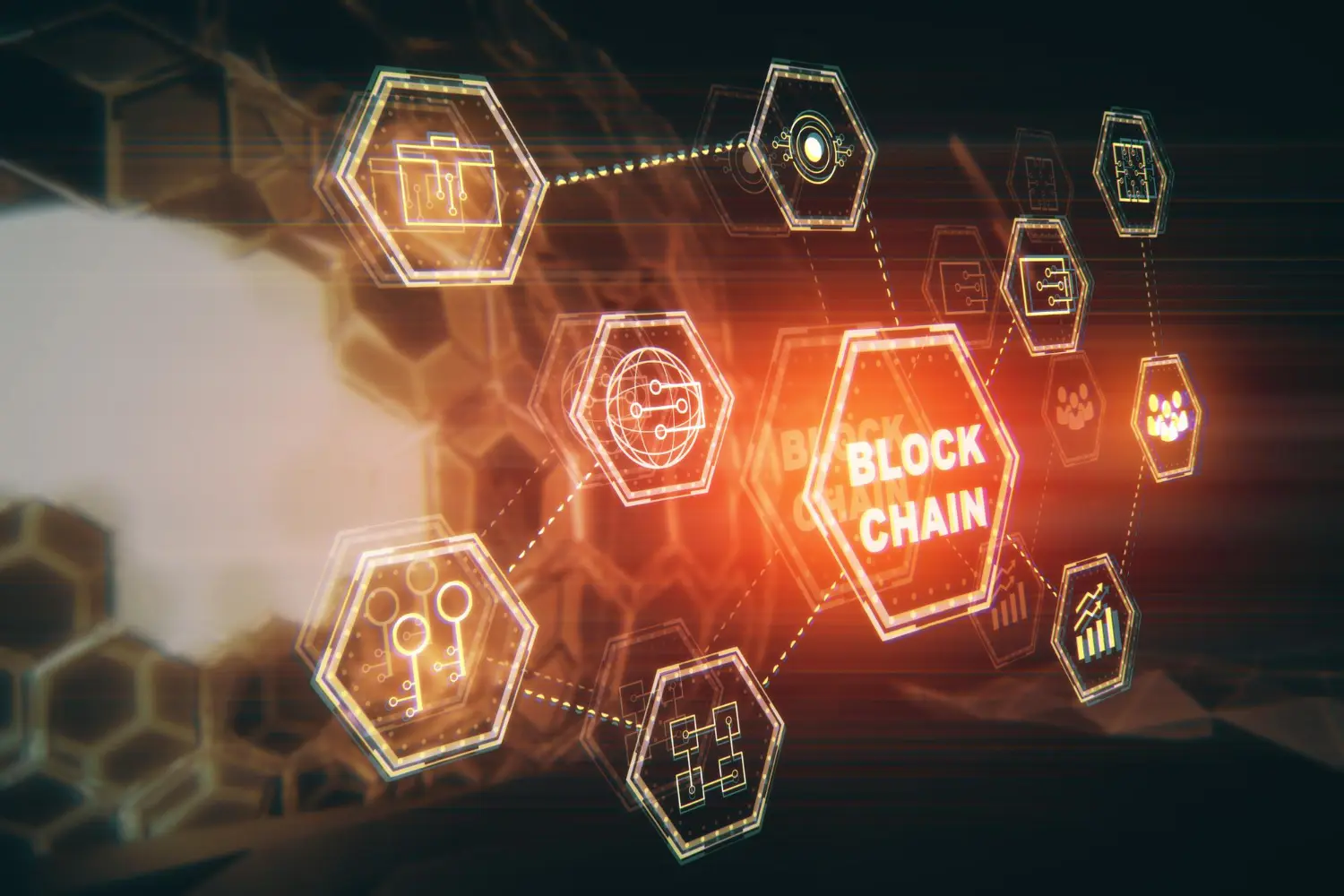
Introduction
Things are moving fast in the world of intelligence. That's putting a lot of pressure on companies to keep up with the latest technology. They need systems that're not only smart, but connected and able to grow with their needs.
This has led to a surge in spending on MCP servers as businesses try to stay ahead of the curve and make sure their AI systems can handle whatever comes next.
These days most companies building AI systems - over 80% of them - are using an approach that relies on agent-based models. This method needs parts of the system to work together perfectly and share information easily. To make this work, a lot of organizations have started using MCP servers as the central part of their system.
A major shift is happening in this field, driven by the introduction of the Model Context Protocol - a way for artificial intelligence systems to exchange data, stay in sync, and work together intelligently no matter the platform.
This development is likely to have far-reaching effects, enabling AI to operate seamlessly across different environments.
Why Companies Are Switching to MCP
More companies are switching to MCP at a rapid pace. What's driving this trend?
Lots of people wonder about MCP and its role in AI systems. Questions like "What's the point of MCP?" or "How does an MCP server work?" are pretty common. In fact, these are the kinds of things that keep professionals who build and scale AI solutions up at night.
MCP development is taking off at a rapid pace. The reason for this surge is simple: modern AI agents aren't solo operators. These days they need to be able to work collaboratively, which is where things get interesting.
They require the ability to:
- •Interact with multiple systems
- •Share information effectively
- •Coordinate their actions efficiently
- •Work as part of a team
- •Recall previous conversations
- •Share information in real-time
The Problem with Traditional APIs
The main issue is that traditional APIs just aren't cut out for the demands we're placing on them. They're slow to respond, not very adaptable, and can't keep track of what's happened, which makes it tough to have a meaningful conversation with them.
The Model Context Protocol really comes into its own here. What it gives developers and businesses is a common language - a shared way of talking about things that makes it easy to swap information between different parts of a system, whether that's agents, applications, or tools.
You can think of it like a shared notebook that all your AI systems can access, so they can all be on the same page.
How MCP Server Development Works
The Core Concept
Imagine a central hub that stores and manages information for all the AI tools in a system. Normally, each AI agent or model works alone without remembering past conversations or sharing information with other tools. With a Model Context Protocol server, that changes.
It's like a shared memory bank that lets all the parts of the AI ecosystem access and build on what they've learned.
The Process Flow
Here's how it works:
- 1.Request Initiation - When someone sends a message or makes a request through an app, chatbot, or online platform
- 2.Context Retrieval - Instead of beginning from scratch, the AI agent links up with the MCP server to pull in any past interactions, memories, or data that pertain to a particular user or situation
- 3.Information Processing - The MCP server takes this request, looks through the context it has stored, and sends back the information the AI model or agent needs
- 4.Response Generation - The agent uses this memory to come up with a relevant, on-point response
Core Components of MCP Servers
When developers build MCP systems, they usually include several key parts:
- •Context Vector Store — A system to keep memories organized so when an agent needs to recall something from the past, it can do so quickly. This works particularly well with techniques like RAG (Retrieval Augmented Generation).
- •Identity Layer — Keeps track of who's who during a conversation, making sure each agent knows who they're talking to, whether that's across different platforms or tools.
- •Security Framework — Multiple layers of protection including:
- •Permission systems
- •Encryption protocols
- •Role-based access controls
- •Replay and Logging System — Gives teams a way to keep track of conversations and monitor how agents are performing.
Business Impact and Benefits
Enhanced Customer Experience
When building something like a customer chatbot, a tool that uses AI agents, or a software platform powered by AI, using MCP in the development process can lead to significant advantages.
Imagine a sales representative who's been working with customers for years - someone who can recall every face, every conversation, and pick up where they left off. That kind of personal touch is what makes a difference.
MCP vs Traditional APIs
Key Advantages of MCP Development
- •Contextual Memory - AI agents can draw on past context, remembering conversations and steering clear of repetition
- •Scalable Design - Makes it simple to add new agents or switch out AI tools and models without causing disruptions
- •Enhanced Security - Your AI's memory stays private and isn't easily accessible through public APIs
- •Platform Flexibility - Can work with any language model, API, or AI framework
- •Seamless Integration - Everything can work together smoothly regardless of whether you're using open-source models, enterprise tools, or different types of software agents
MCP vs Traditional API Comparison
| Feature | Traditional API | MCP Server |
|---|---|---|
| Context Sharing | No | Yes |
| Agent Collaboration | Limited | Built-in |
| Scaling | Manual | Automatic |
| Modularity | Low | High |
| Memory Replay | Not Available | Built-in |
Real-World Applications
Smart Home Systems
Companies are using MCP to coordinate all the AI agents that run connected devices in someone's home:
- •Synchronizing lights, appliances, and voice assistants
- •Maintaining consistent information across all devices
- •Providing faster, more responsive user experiences
Customer Support Platforms
Advanced chatbots can pick up on previous conversations and use that information to provide more helpful responses:
- •Context-aware responses for authentic conversations
- •Reduced user frustration
- •Faster ticket resolution
Enterprise Workflow Automation
Technology firms can enhance their tools with MCP and Agentic RAG combinations:
- •Automated task handling
- •Cross-departmental data integration
- •Real-time decision support
Financial Reporting
AI systems that consider context can gather insights from multiple tools and generate comprehensive reports:
- •Real-time financial updates across all agents
- •Quick access to relevant data
- •Personalized team dashboards
Enterprise-Grade Implementation
Security and Compliance
MCP architecture is built with enterprise-level security in mind:
- •OAuth and Role-Based Access Control for user permissions
- •Encrypted information sharing between agents and servers
- •Independent agent sessions for security isolation
- •Built-in compliance with regulations like HIPAA, SOC 2, and GDPR
Why Leading Companies Are Making the Switch
The benefits are straightforward:
- •Faster execution with streamlined workflows
- •Intelligent memory - AI agents that recall previous interactions
- •Rapid scaling without rebuilding technology stacks
Companies in fintech, healthcare, and software-as-a-service have seen significant improvements in system performance and AI agent collaboration.
Our MCP Server Development Services
We offer a comprehensive approach to MCP server development:
Strategy and Consulting
- •Architecture planning based on your specific goals and use cases
- •Custom implementation roadmaps
Custom Development
- •High-performance MCP servers tailored to your existing systems
- •Integration with language models, RAG pipelines, and AI agents
Full Integration
- •Seamless connection of all system components
- •End-to-end testing and deployment
Conclusion
For businesses working with AI or looking to adopt it, developing MCP servers is essential. This isn't just another tech trend - it's a practical solution that addresses real problems like memory sharing between systems, improving agent communication, and making AI work more intelligently.
The evolution of AI means businesses require more sophisticated tools than just well-crafted prompts. They need systems that can collaborate seamlessly, recall past tasks, and deliver results quickly. MCP development provides exactly these capabilities.
The future of AI isn't about isolated systems working alone - it's about collaborative intelligence, shared information, and adaptive systems that can evolve as your needs change.


